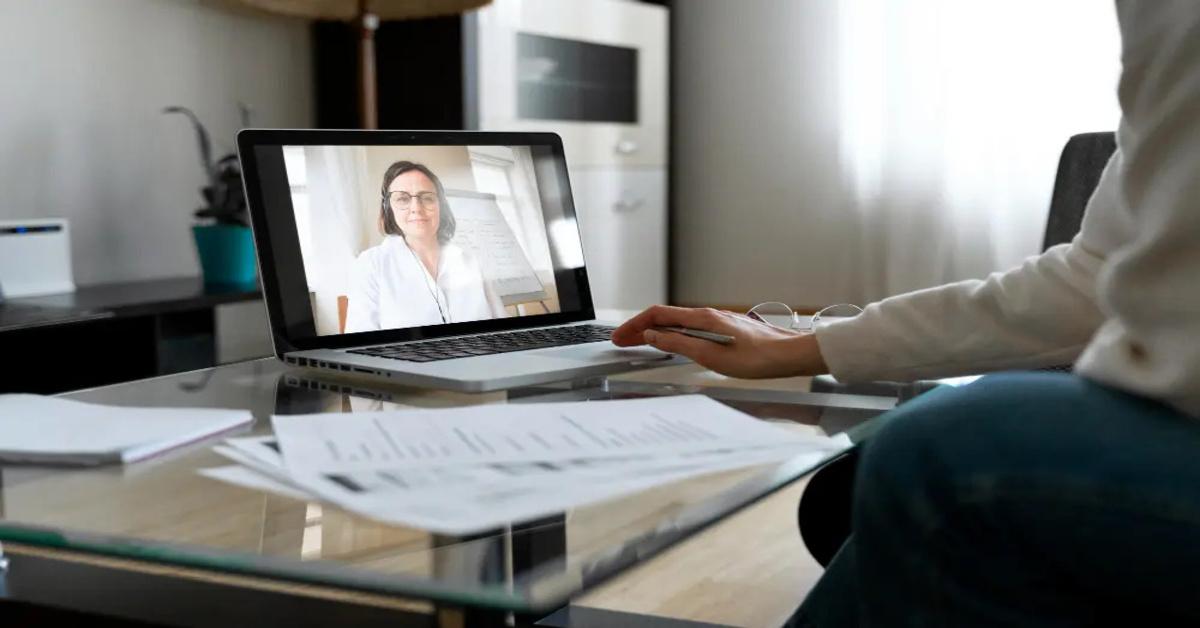How Online Ortho Consults Help Families Spot Early Signs of Joint Problems

Introduction
Caring for a parent or loved one often means noticing the little things others might miss. A limp while walking, difficulty getting up from a chair, or avoiding stairs can all be quiet signals of deeper joint issues. With the help of an Online Ortho Consult, families today can access expert guidance without delay, ensuring these signs are not overlooked.
Joint health plays a vital role in mobility, independence, and overall well-being. Spotting early warning signs is often the difference between manageable treatment and more complex procedures later. Families who stay attentive and proactive provide their loved ones with the best chance at preserving comfort and quality of life.
Why Families Should Pay Attention to Early Signs
Most families think joint problems are just part of aging, but they are not always inevitable. Persistent pain, stiffness, or swelling can be indicators of arthritis, cartilage wear, or even early degeneration. When caught early, lifestyle changes, physiotherapy, or medical interventions can slow down progression.
For children or young adults, joint pain after sports or repetitive strain can also signal issues that need professional review. It is often the family who first observes patterns, like a child refusing to play outside or a grandparent avoiding social gatherings because of discomfort.
How Online Consults Make Early Detection Easier
Families today are busier than ever, often juggling caregiving with work and daily life. That is where modern technology makes a real difference. With an Online Ortho Consult, families can connect with orthopedic specialists quickly, share concerns, and even upload test results or X-rays for review.
This immediate access ensures no time is wasted waiting for appointments. It also creates a safe space for family members to ask questions, clarify doubts, and feel reassured about the next steps. Early guidance can reduce anxiety and give families a clear plan to support their loved ones.
The Role of Orthopedic Telemedicine in Family Care
Sometimes what families need most is reassurance that they are not alone in caring for a parent or child. Orthopedic telemedicine bridges that gap by offering professional support directly into the home. It provides a convenient way for families to learn whether a joint problem needs simple rest or more detailed evaluation.
This is particularly important for those who live far from specialized hospitals. Even in smaller towns or when travel is difficult, telemedicine ensures no family member is left guessing about the seriousness of a loved one’s symptoms.
Essential Factors When Choosing a Hospital for Joint Care
When joint problems progress to needing specialized care or surgery, families often feel overwhelmed by the number of choices. Considering the following factors can help:
-
Medical Expertise
Look for hospitals with specialists who focus on orthopedics and joint replacement. Experienced surgeons can make a significant difference in outcomes. -
Technology and Facilities
Advanced imaging, minimally invasive surgical tools, and modern rehabilitation support often improve recovery and reduce complications. -
Holistic Care Approach
Families benefit most when hospitals provide not just surgery but also physiotherapy, counseling, and guidance on lifestyle adjustments. -
Accessibility and Support
The ability to reach doctors easily, whether through follow-up clinics or telemedicine, ensures long-term care feels continuous and supportive. -
Patient-Centered Values
Hospitals that treat patients like family, respecting emotional needs as much as medical ones, often provide the most positive healing environment.
Why Families Play a Key Role in Spotting Problems
Doctors may only see patients for a short time, but families observe daily struggles. Parents may downplay pain, children may not communicate clearly, and seniors may quietly adapt to limitations. Family members are often the first to notice these patterns and advocate for care.
By combining attentive caregiving with modern options like an Online Ortho Consult, families can play an active role in early detection. This teamwork between loved ones and healthcare specialists strengthens both treatment outcomes and trust.
Conclusion
Families carry an important responsibility when it comes to joint health. By noticing subtle changes and using accessible tools like orthopedic telemedicine, they can take steps before problems become severe. Supporting a loved one through joint pain requires compassion, vigilance, and timely action.
At Soundarapandian Bone and Joint Hospital(SBJH), we are committed to providing world-class healthcare with the warmth and compassion of a family-run institution. Guided by a tradition of care, our highly skilled Orthopaedic surgeons and our dedicated team work together to ensure that every patient receives personalised treatment. We combine the latest in cutting-edge technology with a deep sense of empathy and ethics, striving for excellence in orthopaedics while fostering a welcoming, supportive environment for all.
FAQs
Q1. What are the earliest signs of joint problems families should look for?
Families should watch for stiffness after rest, difficulty climbing stairs, or swelling around joints. These small changes often indicate the need for evaluation.
Q2. How does an Online Ortho Consult help with early detection?
It allows families to quickly connect with specialists, share concerns, and receive professional advice before issues progress to advanced stages.
Q3. Is orthopedic telemedicine reliable for children or younger patients?
Yes. It is effective for reviewing sports injuries, growth-related issues, and repetitive strain symptoms, ensuring timely care for younger family members.
Q4. When should a family consider hospital care instead of home remedies?
If pain persists beyond a few weeks, interferes with mobility, or worsens over time, a hospital consultation is strongly recommended.
Q5. How can families support loved ones after spotting early joint issues?
Encourage open communication, track symptoms, and seek professional guidance. Involving medical experts early often leads to better outcomes.
- Art
- Causes
- Crafts
- Dance
- Drinks
- Film
- Fitness
- Food
- Oyunlar
- Gardening
- Health
- Home
- Literature
- Music
- Networking
- Other
- Party
- Religion
- Shopping
- Sports
- Theater
- Wellness


